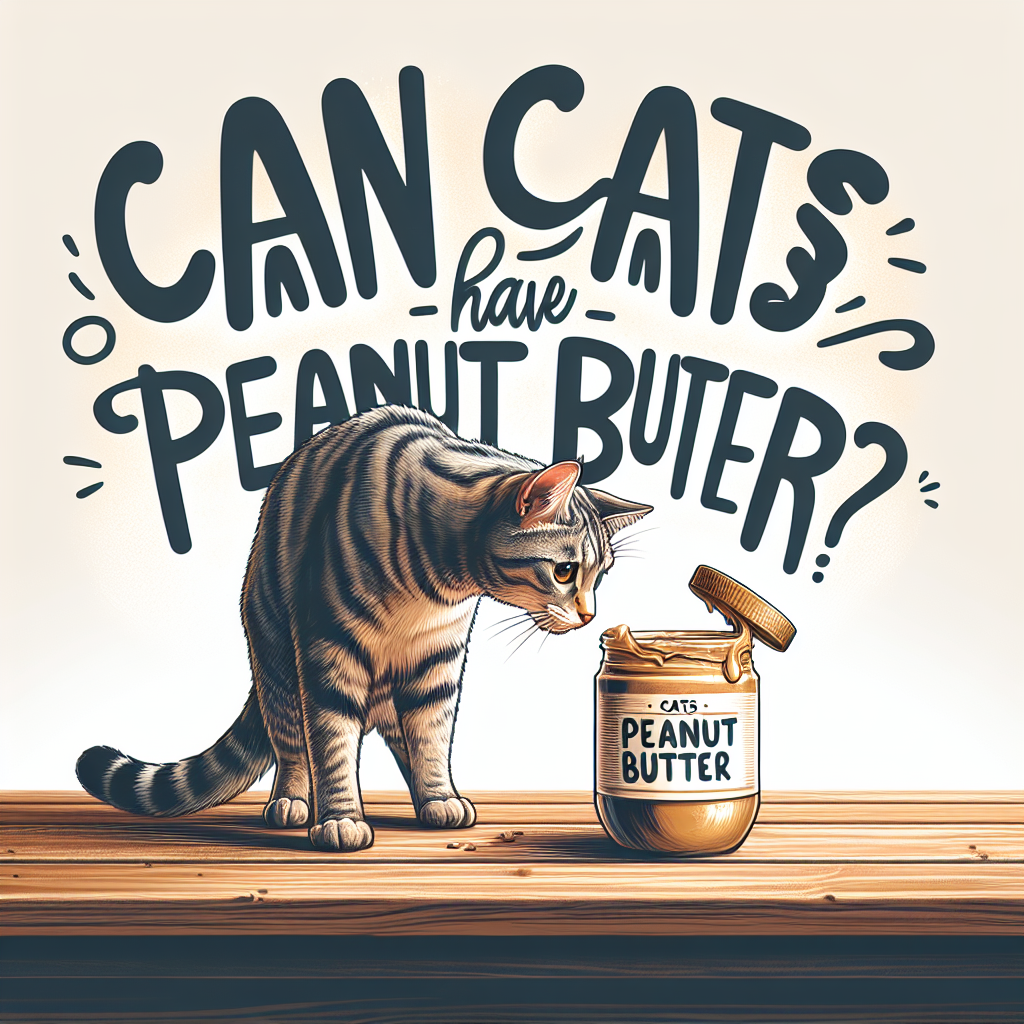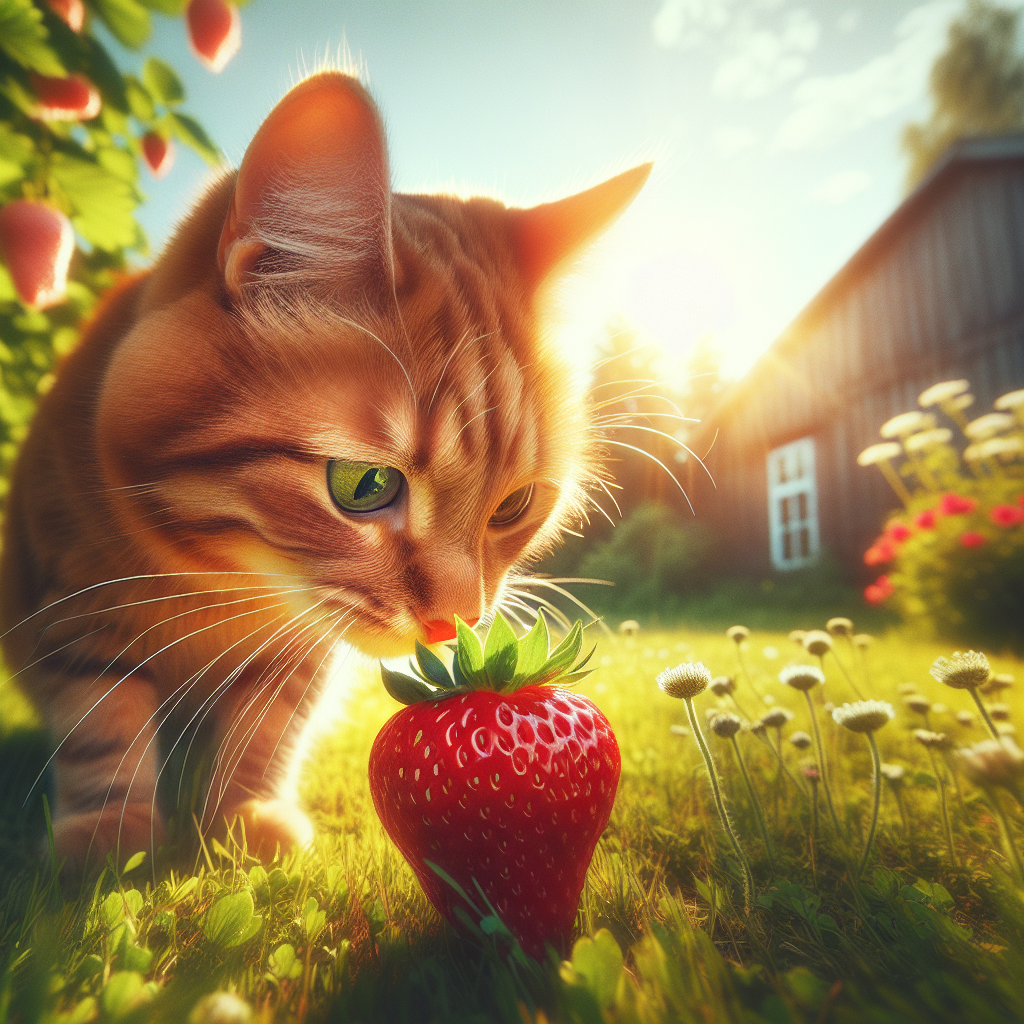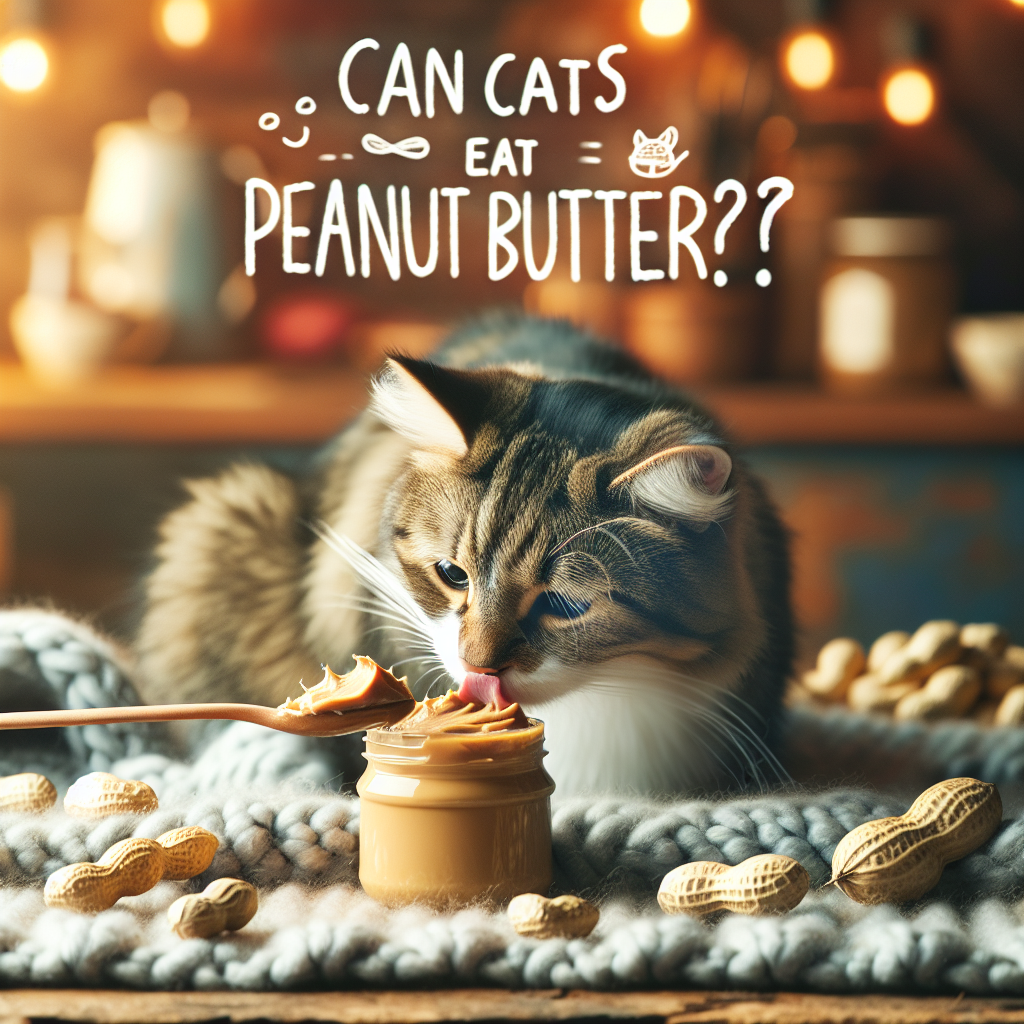Can Cats Have Peanut Butter? A Closer Look at Feline Nutrition
As a pet owner, it’s only natural to want to share tasty treats with your furry friend. For many people, that includes peanut butter, a popular snack among humans. But when it comes to our feline companions, the question arises: Can cats have peanut butter? The answer isn’t as straightforward as it may seem.
Understanding Feline Nutrition
Cats are obligate carnivores, which means their diet consists primarily of meat. Unlike dogs, who are omnivores and can process a broader range of foods, cats require specific nutrients that are typically found in animal products. This includes essential amino acids like taurine, which are crucial for heart health, vision, and overall wellbeing. While some human foods can be enjoyed by cats in moderation, not all human food is suitable or safe for them.
The Components of Peanut Butter
Peanut butter is made from ground peanuts, and while it is a rich source of protein and healthy fats for humans, it also contains several components that may not be ideal for cats:
-
High Fat Content: Peanut butter is high in fat, which can lead to obesity and pancreatitis in cats if consumed in large amounts over time.
-
Sugar and Salt: Many commercial peanut butter brands contain added sugars and salts that are not healthy for cats. These additives can lead to digestive issues or more serious health problems if ingested in excess.
-
Xylitol: Some peanut butter varieties include xylitol, a sugar substitute that is extremely toxic to dogs and can pose risks to cats as well, though it’s less likely to be life-threatening for felines.
- Protein Source: While the protein content of peanut butter can be appealing, cats require animal-based proteins for proper nutrition. Plant-based proteins, like those found in peanuts, aren’t fully utilized by cats.
Should You Feed Your Cat Peanut Butter?
If you’re considering giving your cat a taste of peanut butter, here are some important guidelines:
-
Moderation is Key: If you decide to offer peanut butter as an occasional treat, do so in very limited quantities. A small dab on your finger is likely fine, but avoid making it a regular part of their diet.
-
Watch for Reactions: Always monitor your cat after trying a new food. If your cat shows signs of gastrointestinal distress such as vomiting or diarrhea, discontinue use and consult a veterinarian.
-
Check Ingredients: Always choose a peanut butter that contains minimal ingredients—preferably just peanuts and maybe a bit of salt. Avoid brands with added sugars, oils, or xylitol.
- Consider Alternatives: There are many cat-safe treats available on the market that are specifically formulated for felines. These options are often healthier and more compatible with your cat’s dietary needs.
Conclusion
In conclusion, while cats can technically have peanut butter in small amounts, it is not a necessary or particularly healthy addition to their diet. Understanding your cat’s nutritional needs and offering alternatives specifically designed for their health will always be the best approach. Before introducing any new foods to your cat’s diet, it’s always wise to consult with your veterinarian to ensure that you’re making the best choices for your pet’s health and wellbeing. Always prioritize quality nutrition to keep your feline friend happy and healthy!




